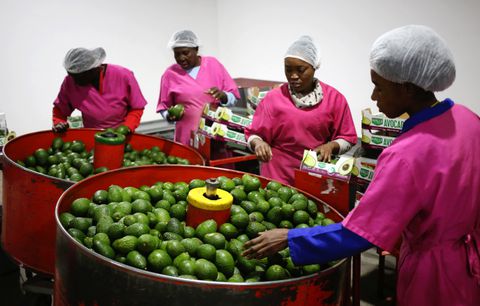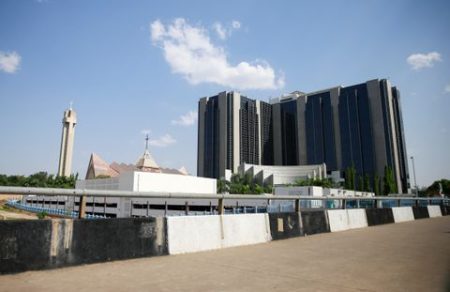
Bengaluru — South Africa’s business confidence fell in the first quarter, dragged by long hours of power outages and deteriorating household income, a survey published on Wednesday showed.
A survey by the Rand Merchant Bank (RMB) and compiled by the Bureau for Economic Research showed the business confidence index dropped to 36 points in the first quarter from 38 points in the previous three months.
While the outcome could have been worse given the severity of power outages and the associated drop-off in business activity, the result is nonetheless disappointing, the survey of 1,050 executives said.
Manufacturing confidence slumped nine points to 17, a rare low according to the survey, as the sector bears the brunt of intense loadshedding and dilapidated infrastructure.
Retail confidence also dipped to 34 from 42, as loadshedding reduced trading hours and diesel generators increased operating costs.
South African state power utility Eskom is implementing the worst rolling blackouts on record, leaving households in the dark for up to 10 hours a day and forcing retailers to crank up diesel generators for hours, which is putting pressure on their margins.
However, business confidence of contractors and sub-contractors combined rose to 49 in the quarter buoyed by a surge in the installation of renewable energy and other load-shedding mitigation measures.
“A thin silver lining attached to loadshedding must not distract from the devastating blow loadshedding specifically, and failing rail, road, and port infrastructure more generally, are inflicting on the economy,” said Ettienne le Roux, chief economist at RMB.
“The urgent need of a united public and private sector effort to fix disruptive supply-side bottlenecks cannot be tressed enough,” added le Roux.
*Prerna Bedi; Editing: Shailesh Kuber – Reuters
Follow us on twitter



